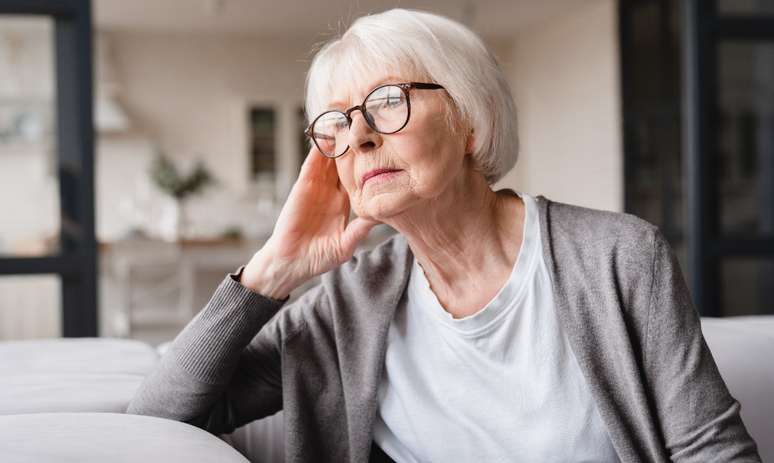Research by Johns Hopkins (USA) has shown that older people in social isolation are 28% more likely to develop dementia

A study by Johns Hopkins University (USA) published in the Journal of the American Geriatrics Society showed that people over 65 who live in isolation are more likely to develop dementia. Compared to older adults who interact with other people, the risk is 28% higher. The social isolation referred to by the study is generally characterized by few social connections and few interactions with other people in everyday life.
The study involved 5,022 US residents aged 65 and older, but the average age of the participants was 76. They did not have dementia at baseline and did not live in a nursing home or other institution. About 23% were considered socially isolated, but the majority of participants (the other 77%) were not.
For nine years, all participants were monitored and periodically subjected to cognitive tests. About 26% of those who were socially isolated developed dementia, compared with 20% of those who weren’t. Additionally, the study found no significant differences by race or ethnicity. The team also didn’t focus on why or how social isolation increased the prevalence of dementia.
According to the National Institute on Aging, social isolation is directly associated with physical and mental health risk factors, including high blood pressure, heart disease, depression, impaired cognition and dementia. In the United States, you can see this scenario as a public health concern, as there the Centers for Disease Control and Prevention (CDC) says social isolation affects about a quarter of Americans age 65 and older.
Source: Terra
Ben Stock is a lifestyle journalist and author at Gossipify. He writes about topics such as health, wellness, travel, food and home decor. He provides practical advice and inspiration to improve well-being, keeps readers up to date with latest lifestyle news and trends, known for his engaging writing style, in-depth analysis and unique perspectives.








